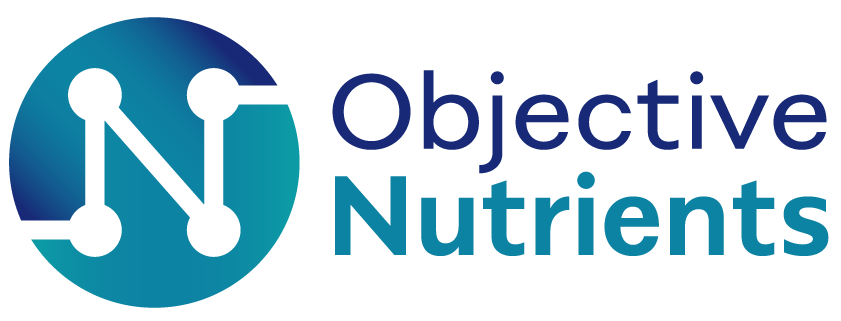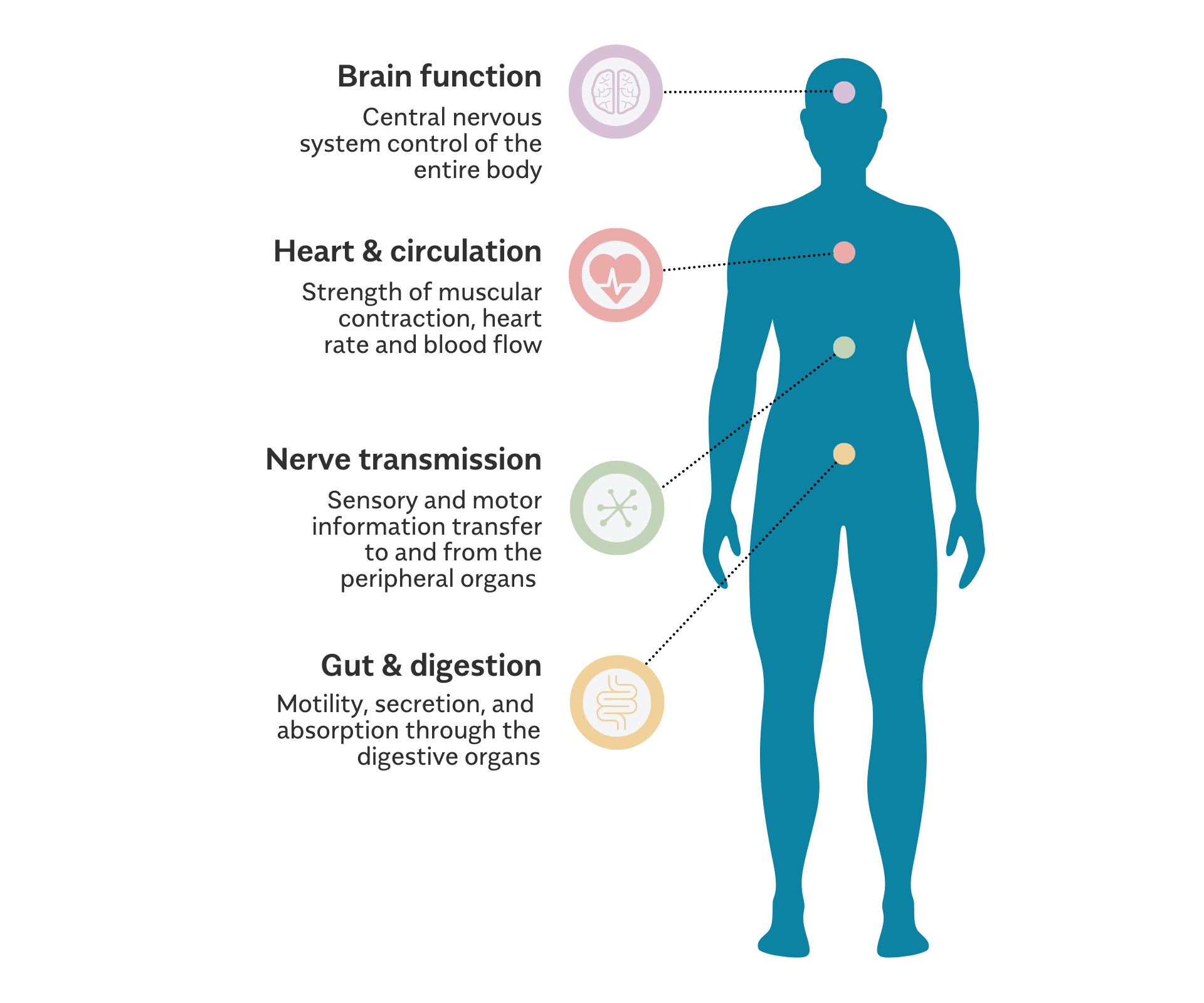
What is thiamine?
- It plays a central role in how cells convert food (fats, proteins and carbohydrates) into usable energy.
- Thiamine is especially important for processing glucose (sugar).
- It is involved in nerve transmission, maintaining balanced neurotransmitters in the brain, and the function of the nervous system.
- Thiamine also allows the body to process specific amino acids, and helps to maintain the antioxidant system.

Also known as Vitamin B1, this nutrient is found in a variety of different foods and is used by the body to perform many essential functions:
Key Points
Deficiencies are very common
The amount of thiamine needed by the body is proportional to the intake of sugar /carbohydrate. This means that the “standard American diet” (rich in processed carbs) is a key risk factor for developing insufficient levels.
Some researchers now believe a subclinical/mild deficiency among the U.S population to be much more common than it was previously thought to be.
What causes low levels?
A diet rich in refined sugar and processed carbohydrates.
Alcohol destroys thiamine and can reduces body stores over time. Tea and coffee contain tannins which inactivate thiamine in the gut.
Thiamine can be depleted during chronic illness, intense physical demand and infection.
What makes Thiamax different?
Thiamax contains a thiamine derivative called TTFD (thiamine tetrahydrofurfuryl disulfide). It is made up of one thiamine molecule attached to a special sulfur group, providing it with unique qualities.
This form is absorbed into the body at a much higher rate than ordinary thiamine, and has been used extensively in Japanese medicine since the 1960s.
TTFD is superior because it can freely enter into cells without the requirement for a cell transporter. This rapidly increases the amount of thiamine available to a cell to use in energy metabolism. TTFD can also penetrate the blood brain barrier, and is therefore useful for increasing brain thiamine levels.
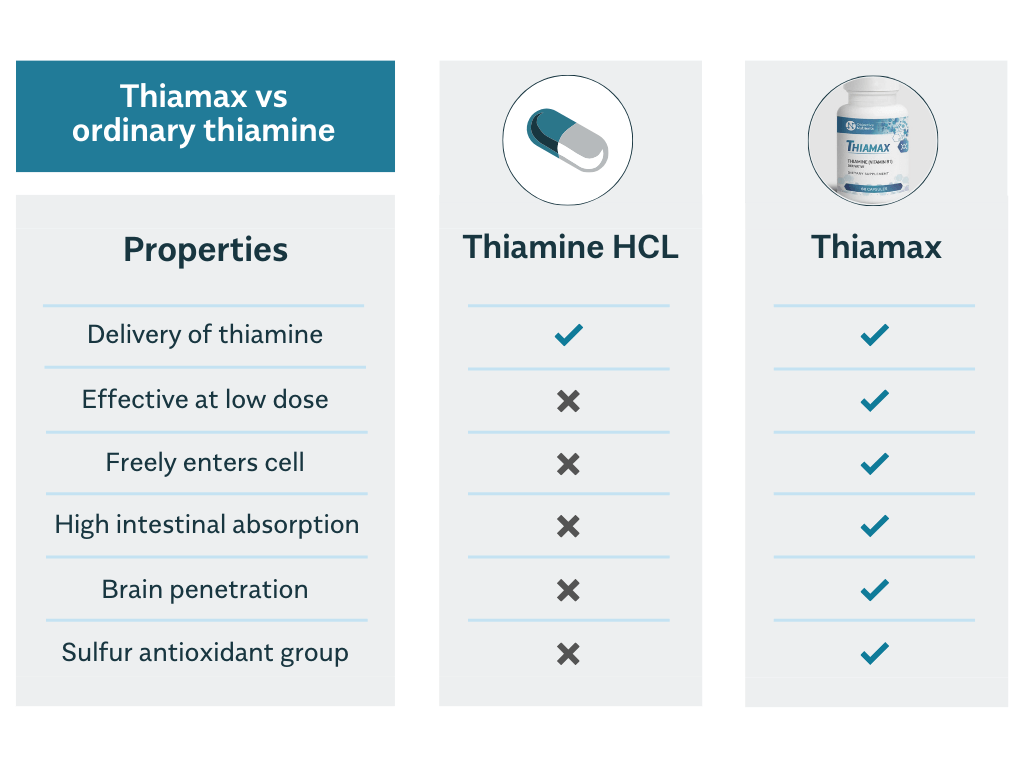
Risk factors for deficiency
- Fatigue, muscle weakness or lethargy
- Muscle pain, neuropathy, tingling or numbness
- Apathy, poor cognition, brain fog or anxiety
- Dizziness, abnormal heart rate, or "air hunger"
- Bloating, reflux, and IBS/constipation
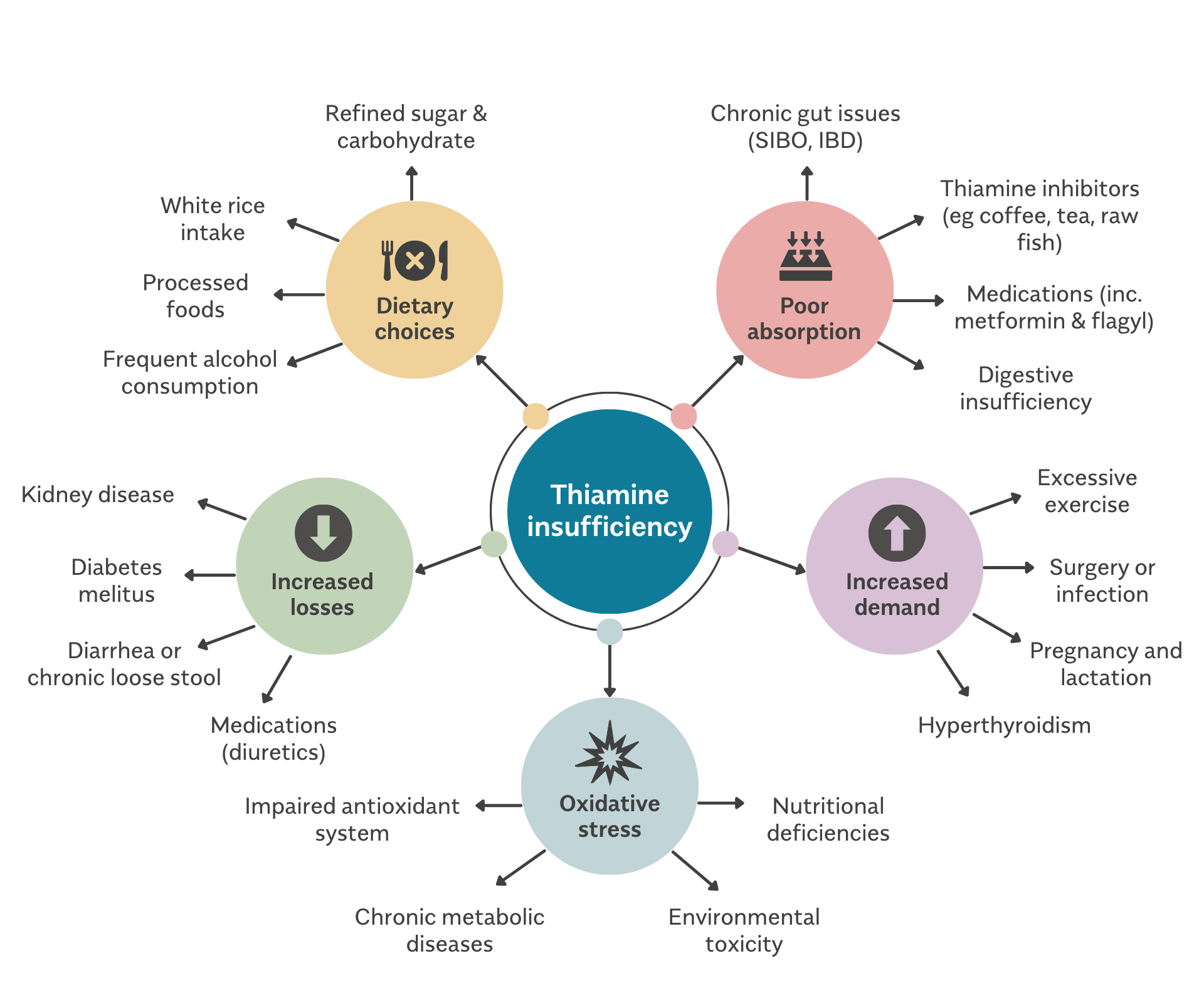
Common signs of mild deficiency
Scientific Research
Various forms of supplemental thiamine have been used in hundreds of studies to investigate the utility of this nutrient outside of the context of addressing a deficiency. Below are just a few of the beneficial effects which have been found in research:

Brain function
- Improved cognition
- Memory enhancement
- Increased dopamine output

Well-being
- Reduced Fatigue
- Enhanced motivation
- Anti-anxiety

Cardio-metabolic
- Vascular protection
- Cardiac function
- Improved glucose tolerance

Neurological
- Reduced neuropathic pain
- Faster reaction times
- Traumatic brain injury resistance
